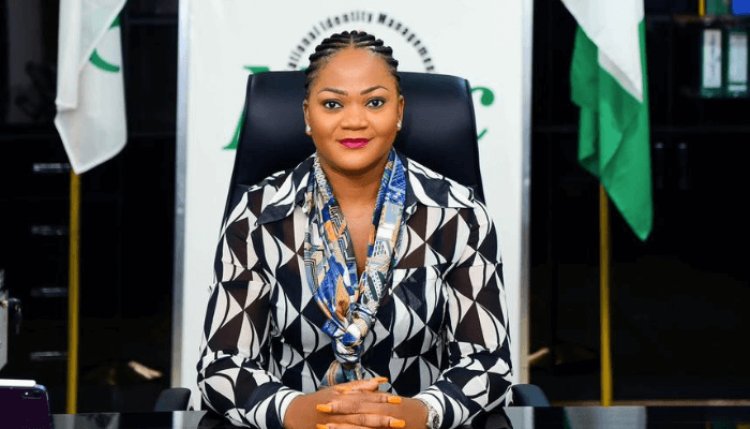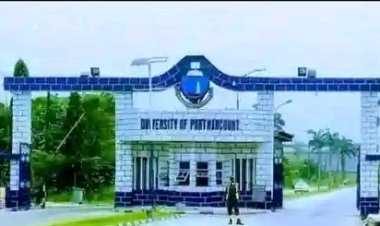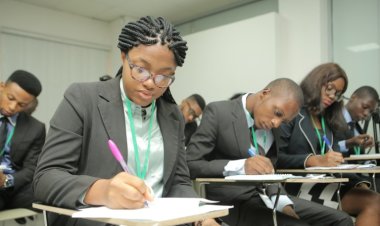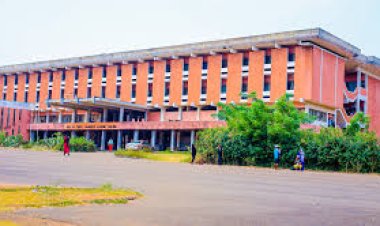NIMC DG Coker-Odusote Reveals Over 18,000 Beneficiaries of Federal Government’s Student Loan Initiative
Engineer Abisoye Coker-Odusote, Director-General of the Nigeria Identity Management Commission (NIMC), announced that 332,715 students have been registered for the Federal Government’s Student Loan initiative, with over 18,000 having received payments.

The Director-General and Chief Executive Officer of the Nigeria Identity Management Commission (NIMC), Engineer Abisoye Coker-Odusote, has announced that 332,715 students have been registered for the Federal Government’s Student Loan initiative, with over 18,000 students already receiving payments.
Speaking in Abuja on Monday during the celebration of the National Day of Identity, themed “Digital Public Infrastructure – Enabling Access to Services in Nigeria,” Coker-Odusote highlighted the importance of identity and its role in fostering inclusion, protection, and empowerment in the country.
She emphasized that the Federal Government's investment in social and palliative programs, particularly aimed at alleviating the impact of economic reforms on vulnerable citizens, is supported by a robust Digital Public Infrastructure (DPI). This infrastructure plays a critical role in ensuring seamless access to public and private sector services, such as financial, healthcare, and agricultural services.
Coker-Odusote explained that DPI accelerates financial inclusion by addressing challenges related to distance, documentation, and high transaction costs, transforming the lives of citizens. NIMC, responsible for issuing the National Identification Number (NIN), has already enrolled over 110 million Nigerians as part of its efforts to strengthen DPI.
“The Student Loan Initiative showcases how DPI can eliminate financial barriers to education. Through collaboration with 257 institutions, 332,715 students have been registered for loans, and over 18,000 have already received payments,” Coker-Odusote revealed.
The initiative is part of a broader strategy by the government to improve access to education and reduce financial constraints for students across the nation.

 Chris Oyeoku Okafor
Chris Oyeoku Okafor 



